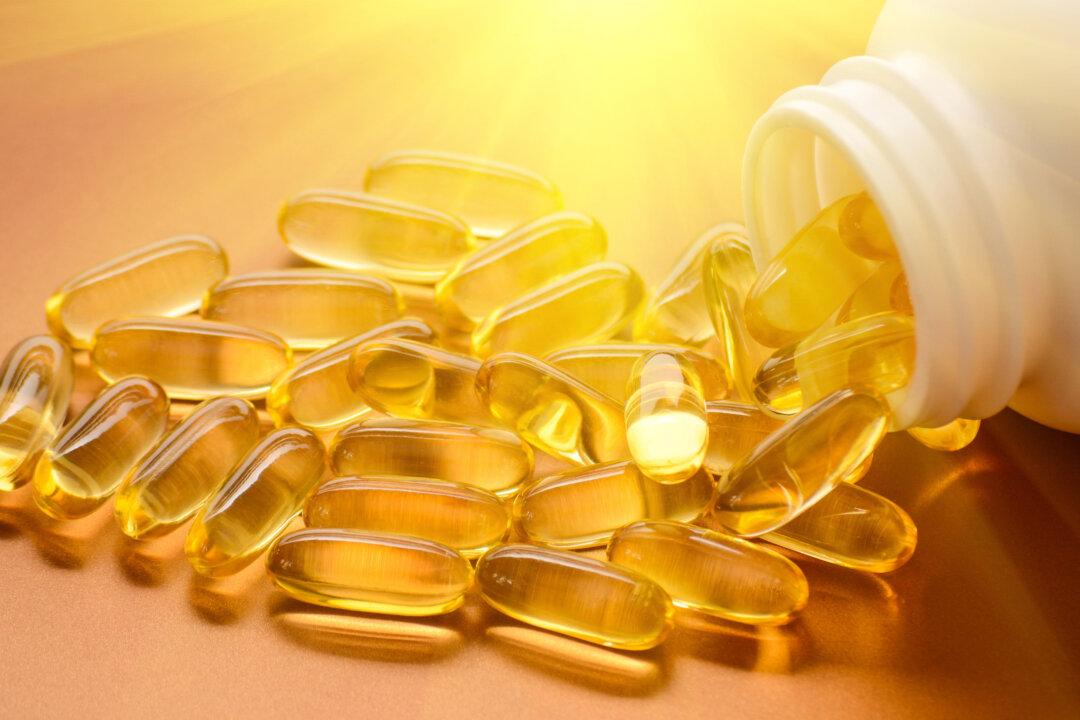Want a simple, low-cost way to help protect you from COVID infection, hospitalization and death without getting a jab? This new large-scale study with 220,265 patients confirms it works and has no side effects, even though it was written off as ’misinformation' during the pandemic.
[embed]https://youtu.be/MbUm5FyrHRk[/embed]






